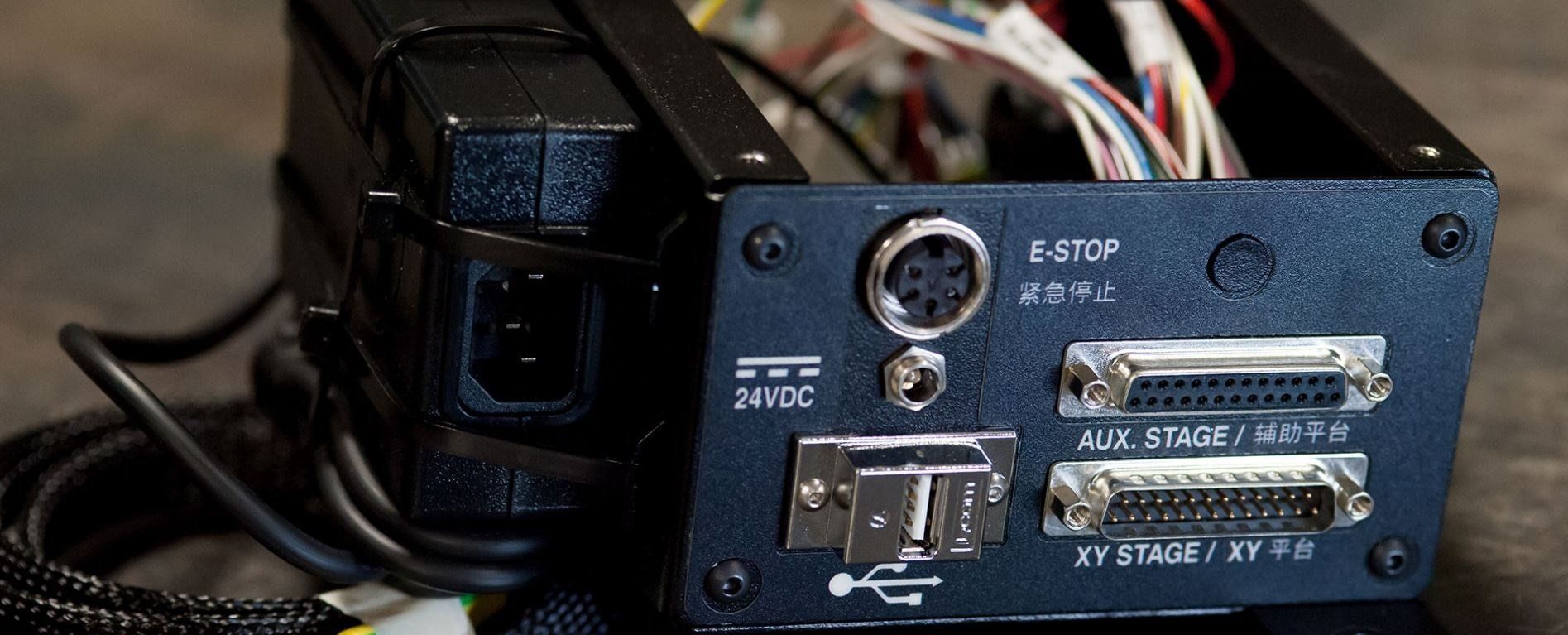Rechargeable Batteries, Maintenance & Importance
Rechargeable batteries are vastly becoming a sensation because of their ecofriendly and reusable nature. With many innovations in technology, rechargeable batteries have evolved into more versatile, compact and smart devices.
Benefits of rechargeable batteries
Eco Friendly- They are super environmentally friendly. With the vivid changes in climate due to large amount of non-reusable waste opting for alternatives that aid our surroundings is becoming very important. Rechargeable batteries help to reduce our carbon foot print and hence support our environment in a way unimagined.
Pocket Friendly- Single use batteries will burden your pocket over time as you have to buy more batteries when they run out, not to mention the enormous amount of e-waste built up in your homes. While rechargeable batteries will prolong the battery life, hence saving money in the long run.
Convenient- Using Multiple sets of rechargeable battery ensures that we don’t run out of power. Great and comes in handy while on a long road trip to unknown places.
How to use rechargeable battery?
A rechargeable battery can be popped into the same compartment as the regular battery and they can be used to power up right away. But one shouldn’t leave the drained out rechargeable battery inside a device that’s turned on and not in use as it causes continuous drainage of battery to reverse polarity and stop working.
How to charge rechargeable battery?
Charging the battery in the right way improves the battery performance while prolonging their lives. Using a smart charger that automatically switches off after charging can prove very effective. While charging two batteries make sure that they are at the same voltage level and of the same capacity. Keep the battery compartment free from dust and moisture by cleaning it with a cloth at times.
How to store rechargeable battery?
Batteries should be stored at a place that is safe, moisture free at at right temperature for long battery life. They should not be stored in refrigerators or near places with flammable materials. Let's dive into a few tips that will help to store rechargeable batteries.
Avoid over usage- Disconnect chargers and devices after usage and avoid over charging of the battery. Overcharging occurs when the battery is being charged even after reaching the full charge limit. 40% state of charge is considered ideal for lithium and nickel-based batteries for improved life. Also charging only when the battery has drained out completely also significantly reduces the troubles which may arise if charged frequently and hence losing the capacitance.
Be aware while the battery is being charged- Do not leave the charging devices unattended once put on charge. There are risks of fire or electrical hazards if charged for a long time due to overheating.
Keep an eye on flammables- Make sure to charge the batteries in a safe place which is away from direct sunlight or moisture and not on any flammable material. This includes pillows, blankets, paper etc.
Temperature effects- The ideal temperature to store the batteries is 15°C and the batteries should not be subjected to extreme hot or cold temperatures. Extreme temperatures maximize the capacitor loss and hence resulting in battery life loss.
Use the right charging method- The batteries should be charged using the designated charger. Chargers are designed for the specific battery type and mixing them can cause unwanted issues and problems.
Recycle- Recycle the batteries whenever possible and reduce the e-waste.
We have a wide range of rechargeable batteries that are environment friendly and safe. Our batteries are widely used in consumer electronics, IOT, medical devices & smart homes.
Though rechargeable batteries are becoming widely used electronics, single use batteries have their own uses when needed like for torches & remotes like they say each thing has an importance of its own.









